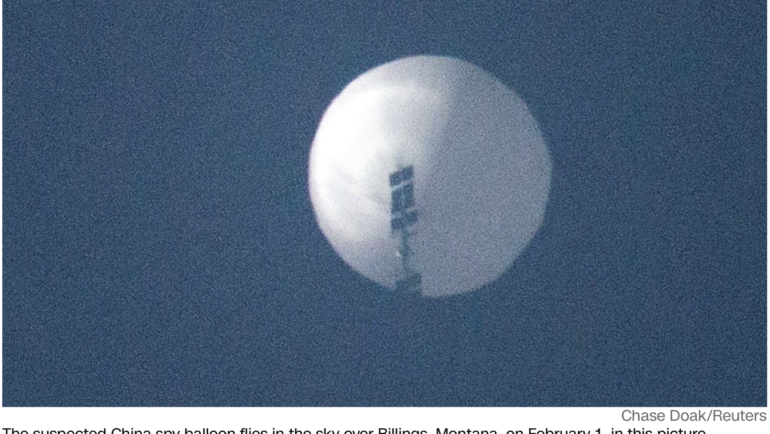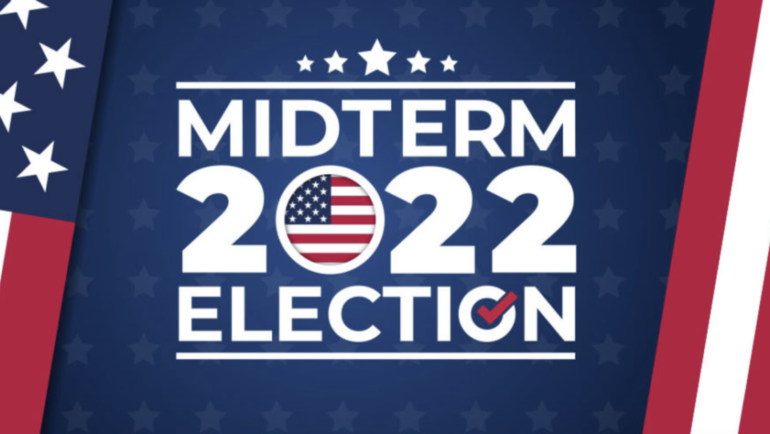
The Second Velvet Revolution
By David Cheng
Even as major political developments in the United States occur, we must not forget about the state of democracy in other countries. On January 28, Petr Pavel was elected president of the Czech Republic in a landslide victory. Pavel received 58.33% of the vote and his rival, Andrej Babiš, received 41.67%. This election was very important for pro-democratic forces in Europe because Pavel was widely seen as the candidate with pro-EU, pro-NATO, and pro-Ukraine tendencies. Babiš was seen as eurosceptic, populist, pro-Russia, and pro-China. Czech democracy not only dodged a bullet but may have gained a head of state who will courageously promote democracy worldwide. While we reserve the right to change our judgment, Pavel’s recent actions and statements are very promising.
Just days after he was elected, Pavel, in an unprecedented move, called the President of Taiwan, Tsai Ing-wen, proclaiming the values of human rights and democracy that both countries share, as well as promising to boost relations with Taiwan. He also expressed a desire to meet President Tsai in person in the future. The current and soon-to-be former Czech President, Milos Zeman, has been very friendly with the Chinese regime, so Pavel’s move represents a significant shift in the Czech Republic’s foreign policy.
Just as importantly, Pavel has expressed strong support for Ukraine during the campaign trail, as well as after the election. While his rival Babiš said that he wouldn’t send troops to defend NATO allies if they were attacked, Pavel has been praised for supporting the entry of Ukraine into NATO once the war is over. Pavel has supported continuing to arm Ukraine, including with tanks and fighter jets.
In 1989, the people of the Czech Republic (and Slovakia) collectively rose up in a peaceful way to demand the end of the communist one-party state that had existed since the end of WWII. That event was called the Velvet Revolution. It resulted in a peaceful transition to a democratic government, culminating in free and fair elections being held in the Czech Republic and the newly independent Slovakia. The election of Petr Pavel reinforces and reinvigorates the democratic institutions of Czechia, and can be regarded as a second Velvet Revolution that reaffirmed the Czech people’s desire for liberal democracy. We hope that President-elect Pavel makes good on his promises to continue his country’s already-robust support for Ukraine, as well as draw closer to Taiwan.


